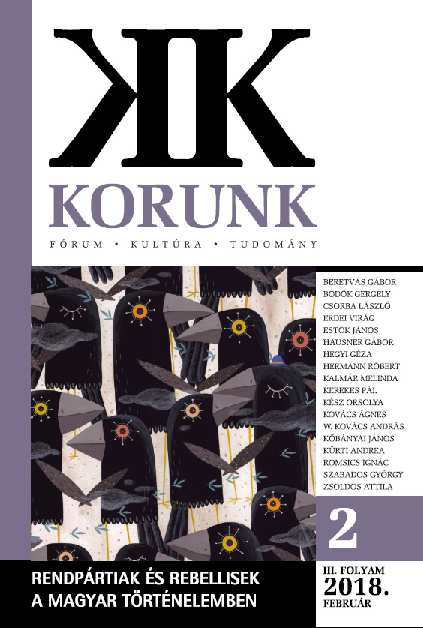A Wesselényi-féle összeesküvés
The Wesselényi-Conspiracy
Author(s): Ignác RomsicsSubject(s): 17th Century
Published by: Korunk Baráti Társaság
Keywords: Ferenc Wesselényi (Palatine); György Lippay (Archbishop of Esztergom); Ferenc Nádasdy (Lord Chief Justice); Péter Zrínyi (Ban of Croatia); emperor Leopold I of Habsburg
Summary/Abstract: Although the Ottoman forces heading towards Vienna suffered a crushing defeat from the Christian troops on 1 August 1664 near Szentgotthárd, the imperial War Council decided to sign a peace that recognized all of the previous Turkish conquests and forbade the pursuit of the fleeing enemy. From the Viennese court’s standpoint, this was a logical decision, because the ruler, Leopold I was preoccupied with the impending extinction of the Spanish Habsburg dynasty and the inevitable war of succession that would break out. The troops were being kept in reserve for this. The Hungarian nobles, however, who hoped that the victory would signal the start of an anti-Turkish campaign, which would result in the whole of Hungary being liberated, became deeply dismayed. The most illustrious dignitaries of the country – Ferenc Wesselényi (Palatine), György Lippay (Archbishop of Esztergom), Ferenc Nádasdy (Lord Chief Justice) and Péter Zrínyi (Ban of Croatia) – all swore to oppose the emperor in order to create a Hungary independent from the Habsburgs with foreign help. After long preparations this conspiracy led to the armed uprising in 1670, that came, however, to naught and the Viennese court made an example of the plotters to serve as warning. It sentenced the chief conspirators to death by beheading and to loss of lands; the rest saw part or all of their property confiscated. It was following this that Leopold proclaimed the so-called legal forfeiture doctrine as the pretext for introducing open monarchical absolutism. Due to the resistance of the Hungarian nobility, however, his attempt failed.
Journal: Korunk
- Issue Year: 2018
- Issue No: 02
- Page Range: 35-45
- Page Count: 11
- Language: Hungarian

